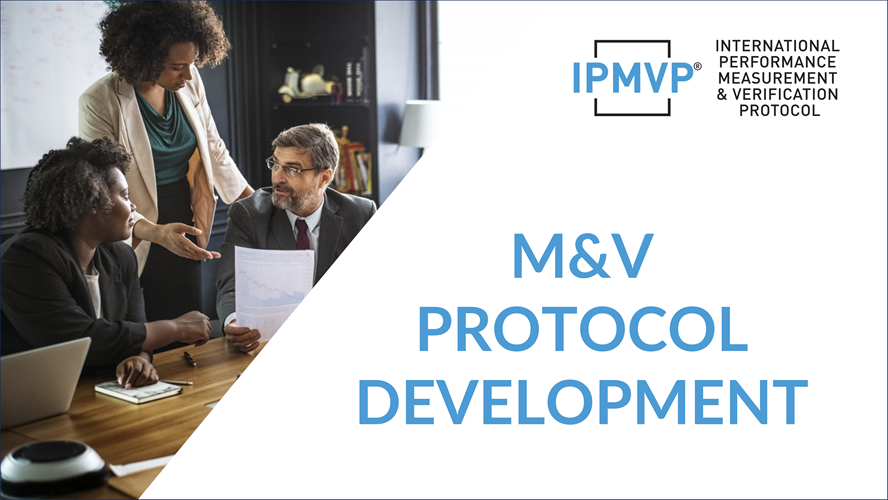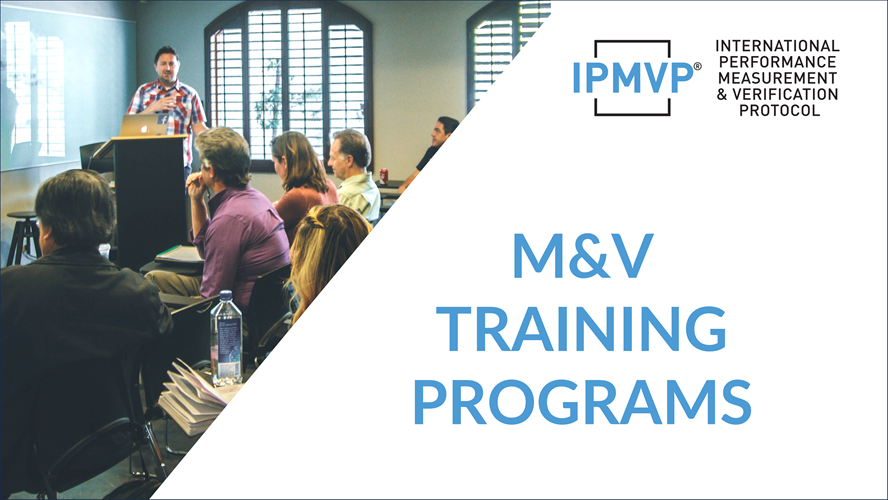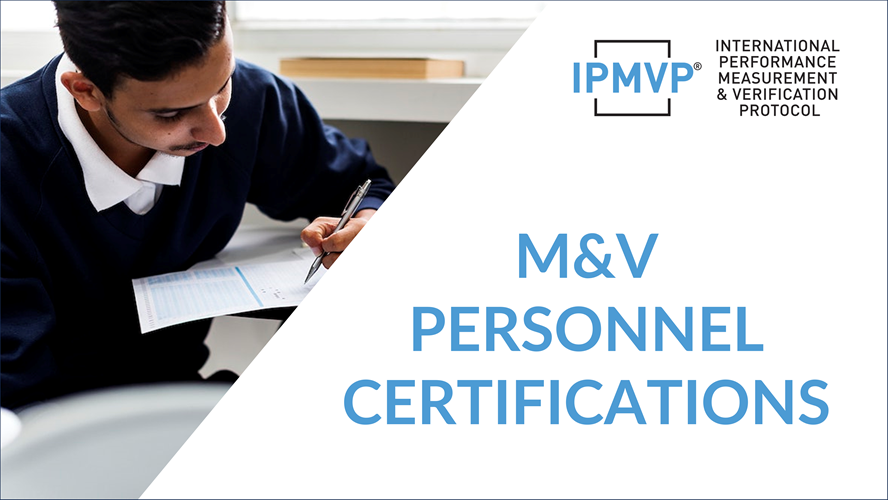About Us
The purpose of the EVO Strategic Advisory Board (SAB) is to provide strategic advice to the Board of Directors of EVO on a full range of EVO activities undertaken to achieve its vision and mission. The EVO SAB, composed of strategic advisors, is a core component of the EVO governance structure whose purpose is to advise EVO Board of Directors with respect to policy, outreach, market development and strategic direction. The SAB members bring a broad range of expertise and perspective from across the World.
MANDATE
EVO is a non-profit organization whose products and services help people engineer and invest in energy efficiency projects worldwide.
VISION
EVO´s Vision is to create a world that has confidence in energy efficiency as a reliable and sustainable energy resource.
MISSION
EVO´s Mission is to ensure that the savings and impact of energy efficiency and sustainability projects are accurately measured and verified.
CORE VALUES
- Not-for-profit and virtual to the extent possible
- Politically, geographically, commercially and technologically neutral
- Centered in an ever expanding global community of volunteers and practitioners
- Encourages and recognizes the value of contributions made by EVO volunteers
- Governed by an international Board of Directors supported by a small core staff
- Maintains fiscal responsibility
| Country of Operation | Training Organizers |
| Argentina | Sinergeia |
| UK | EEVS Insight Ltd. *Introductory courses only |
| UK | iVEES *Introductory courses only |
1994
In early 1994, the U.S. Department of Energy began working with industry to develop a consensus approach to measuring and verifying efficiency investments in order to overcome existing barriers to efficiency.
1996
The North American Measurement and Verification Protocol (NEMVP) in published. That Protocol contained methodologies that were compiled by a committee of industry experts and involved hundreds of interested parties, primarily from the United States, Canada and Mexico.
1997
As a result of strong and widespread interest outside of North America, participation in developing the second edition expanded to include a global network of corresponding members to incorporate international expertise and to develop consensus among professionals from around the world. A revised version involved the participation of national organizations from a dozen countries and individual experts from more than 20 nations.
To reflect this new, larger audience and its broadening scope, the document was renamed the International Performance Measurement and Verification Protocol (IPMVP) – Concepts and Options for Determining Energy and Water Savings and published in 1997. Similar in structure to the original Protocol, the contents of the IPMVP was expanded to include efficiency opportunities for new construction projects and to cover water efficiency.
The IPMVP is the result of a remarkable collaborative effort among industry, Federal and state agencies and experts in the energy, water and efficiency industries in North and South America, Europe and Asia. The IPMVP provides industry consensus guidelines that increase reliability and level of savings, cut efficiency investment costs and provide standardization required to secure lower cost financing.
2001
Response to the IPMVP document has been tremendous and the protocol was quickly adopted as the industry standard approach to measurement and verification (M&V). In 2001, the Protocol Committee of the IPMVP® formed a non-profit organization IPMVP Inc., deriving its name from the flagship product.
2004
In 2004, the Board of Directors of IPMVP Inc. voted to change the name of the non-profit corporation to the Efficiency Valuation Organization® (EVO) to reflect its expanded mission. EVO’s Board was consequently expanded to include representatives from various continents. As the Board has increased in size, so has the scope of EVO’s international outreach.
2007
The IPMVP Volume I was updated and released in English and French in 2007.
2009
In 2009, EVO developed and published the International Energy Efficiency Financing Protocol (IEEFP) providing guidance for local financing institutions around the world to evaluate and finance energy efficiency and savings-based renewable projects.
2010
2010 is a milestone year. IPMVP is once again updated and EVO made translations to Catalan, Portuguese, French and Spanish. EVO also published the IEEFP and release translations in Bulgarian, Czech, Spanish, Croatian, Polish and Romanian. In the same year, EVO updated the IPMVP Volume I in English and translated the Protocol to Bulgarian, Croatian, Czech, Polish, Romanian, Russian, Spanish, Brazilian and French.
2011
In 2011, EVO was accepted as a liaison organization on two ISO committees, TC 242 and TC 257, dealing with quantifying energy performance improvements and energy savings. These two committees were merged together in 2016 and became TC 301. EVO maintained its liaison status. EVO representatives have continued to participate in working group meetings.
2013
In 2013 EVO changed its training policy to allow qualified third parties to conduct IPMVP training events. Three companies were selected as International Training Partners which support EVO’s M&V training in new markets. Through its network of regional, national and international training partners, EVO provided M&V training to more than 2200 individuals in 2015 and in 2016.
2014
In 2014, EVO published the IPMVP Core Concepts, a new, abridged version of the 2012 IPMVP volume I. Other chapters and sections were split into separate guideline documents. This strategy is meant to make the update of the documents more flexible while allowing for quicker turnaround time for adaptation to different regulatory environment and translation into different languages.
2016
A revised Core Concepts was published in 2016.
2017
New application guides on Renewables, and IPMVP Issues and Examples are published.
2018
New application guides on Uncertainty Assessment for IPMVP is published. The content of the M&V Fundamentals and IPMVP training course is updated and published in multiple languages with a fresh design. I short self-thought Introduction to Statistics course is introduced in EVO training programs to help candidates test their statistics knowledge.
2019
Work for the publication of an IPMVP guide on advanced M&V is initiated and the M&V Tool Testing Portal is released.
2020
A major review of the IPMVP Core Concepts is launched and workings groups are established. After many months of intense industry consultation, EVO announced the release of an important document to support measurement and verification (M&V) of energy savings projects: IPMVP Application Guide on Non-Routine Events and Adjustments.
2021
EVO announced the publication of an updated International Energy Efficiency Financing Protocol (IEEFP) in English and French along with a Canadian country annex. The IEEFP is also published in Spanish (Mexico) with a Mexican country annex. IEEFP training is held in both Canada and Mexico. EVO released a white paper entitled Impacts of COVID-19 on Measurement and Verification (M&V) of Energy Savings: Options for Meter-Based Methods – IPMVP and Beyond. A new training program on Option D is released and introduced in France. A new course of ISO 50006 and IPMVP is also delivered in Turkey along with the ISO 50015 and IPMVP, and the M&V Fundamentals and IPMVP.




